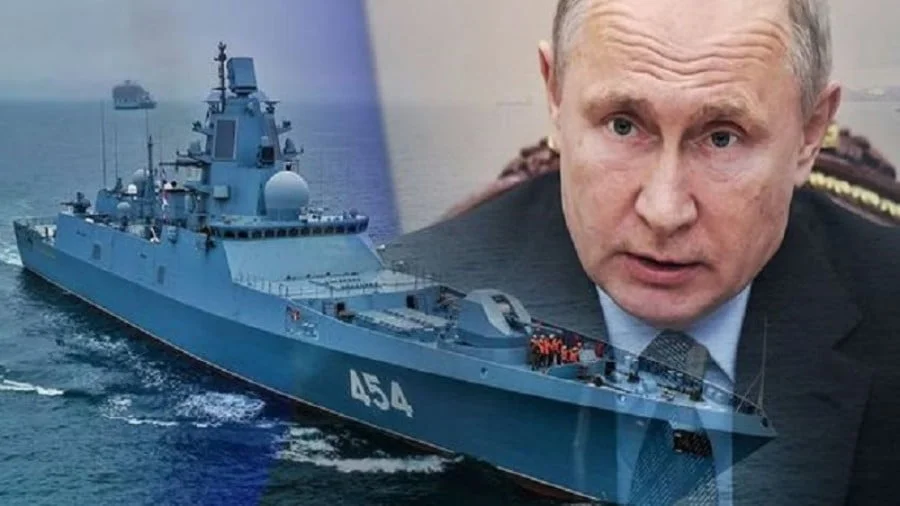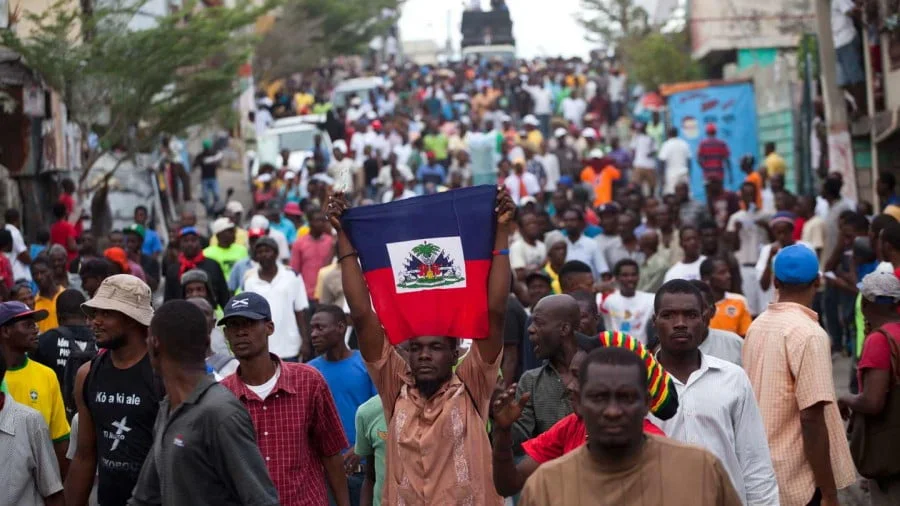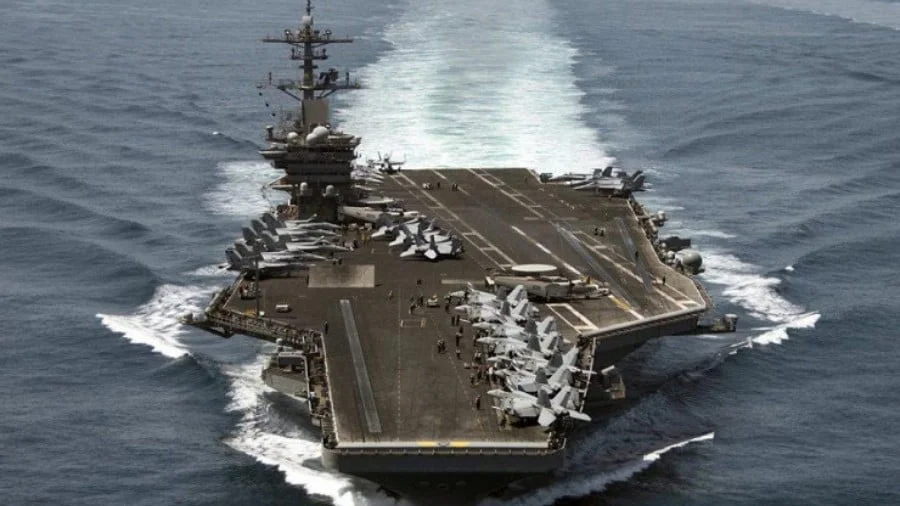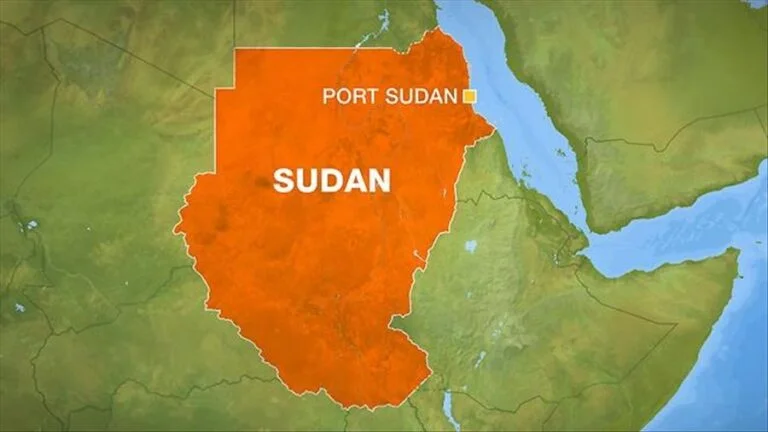Russia’s Red Sea Base in Sudan Is a Recalibration of Its Intra-Ummah Balancing Act
Russia’s draft deal to open up a Red Sea naval base in Sudan amounts to a strategic recalibration of its careful “balancing” act between the GCC and Turkey after moving more closely to the latter following the end of the Nagorno-Karabakh War, which in turn shows how important Moscow regards its “Ummah Pivot” as being by seeking to maintain equally excellent relations with all majority-Muslim countries without any of its bilateral relations being misperceived as directed against any third country in this civilizational sphere.
A Deal Three Years In The Making
Some observers were surprised by reports late last week that a Russian government website published details of a draft deal pertaining to Moscow’s plans to open up a Red Sea naval base in Sudan, but this was actually something that’s been openly discussed for the past three years already. The author wrote about former President Bashir’s public invitation for Russia to do exactly just that during his visit to the Eurasian Great Power in November 2017 in his piece titled “Here’s Why Russia Might Set Up A Red Sea Base In Sudan”. The geopolitical situation has considerably changed since then following his overthrow last year, which the author also recently analyzed at length in an article about how “The Sudanese-‘Israeli’ Peace Deal Required Lots Of Behind-The-Scenes Maneuvering”, but some of his insight from that time is still relevant.
Russia’s Silk Road & “Democratic Security” Interests
For instance, Russia indeed hopes to gain influence along China’s prospective Sahelian-Saharan Silk Road that he first identified in early 2017 and which is expected to terminate precisely in Port Sudan, which is where Moscow plans to open up its naval base. There are still domestic military dimensions to this draft deal which could be taken advantage of by Sudan, though not necessarily in terms of preventing the country’s further Balkanization considering the recent peace deal between its warring sides. More specifically, they likely relate to the “Democratic Security” strategies that the author summarized in his October 2019 piece written during the first-ever Russia-Africa Summit about how “Africa Needs Russia More Than Ever, And This Week’s Sochi Summit Proves It”, in which some hyperlinks are now broken but can still be accessed via other sites.
The “Ummah Pivot”
The most pertinent point made in his prior topical analysis, however, relates to Russia’s “balancing” act. The hyperlinked piece from the preceding sentence introduced the author’s concept of the “Ummah Pivot”, which he describes as the recent prioritization of Russia’s relations with majority-Muslim countries stimulated by the West’s anti-Russian sanctions of the past six and a half years. Many observers predicted Russia to “pivot eastward” in the face of that economic warfare campaign, but in reality, the country ended up pivoting southward towards the international Muslim community (“Ummah”) in order to optimize its continental “balancing” strategy by incorporating a third element (the Ummah) into this supposedly binary choice between East (China) and West (EU).
The Unofficial Russian-Turkish Alliance
In the present geostrategic conditions, there’s little doubt after the end of the Nagorno-Karabakh War that Russia and Turkey are the new power duo in the “Greater Mideast”, which the author coined “Putogan” in his latest analysis on the topic titled “Analytical Reflections: Learning From The Nagorno-Karabakh Fiasco”. Less than a week prior, he noted that “Russia & Turkey Stand To Lose The Most From A Biden Presidency”, predicting that the simultaneous pressure that might likely be placed upon them in that scenario could result in them being pushed into an unofficial alliance out of pragmatic necessity. That potential outcome would risk giving off the optics that Russia is a partisan player in the cold war between Turkey and the GCC, however, hence the need to preemptively recalibrate that aspect of its “balancing” act within its larger “Ummah Pivot”.
The Unofficial Russian-Emirati Alliance
Post-coup Sudan is practically a GCC protectorate nowadays, and it wouldn’t have been possible for Russia to clinch its draft deal for a Red Sea naval base in Port Sudan without the approval of the North African state’s new Gulf overlords. They seemingly understand the importance of improving military interoperability with Russia through the joint naval drills that they’ll likely carry out in the Red Sea upon this agreement’s conclusion. The UAE in particular is the most important extra-regional player in this strategic waterway as a result of its newly established bases in Eritrea and the de-facto independent Somali and Yemeni regions of Somaliland and South Yemen, as well as its hegemonic influence over Ethiopia after brokering its historic peace deal with Eritrea two years back. Russia has also been seeking to cultivate closer state-to-state military ties with the UAE as well.
The Syrian Convergence
Unofficially allying with the UAE in this trans-regional space could “balance” its unofficial alliance with Turkey elsewhere in the “Greater Mideast”, thus reinforcing the impression that Russia is indeed the neutral partner that it presents itself as being in the Ummah. This in turn preemptively thwarts any misperception about the grand strategic motives behind its “Ummah Pivot”, thus helping it to maintain its careful “balancing” act in this civilizational space. The two halves of its intra-Ummah “balancing” act might ultimately converge in Syria where Turkey and the GCC are intensely competing in this geostrategic state where Russian influence undoubtedly predominates. It would be a diplomatic masterstroke if Moscow was able to leverage its “balancing” act in pursuit of a lasting political solution there, though it’ll still take lots of time and skill to achieve, if ever.







